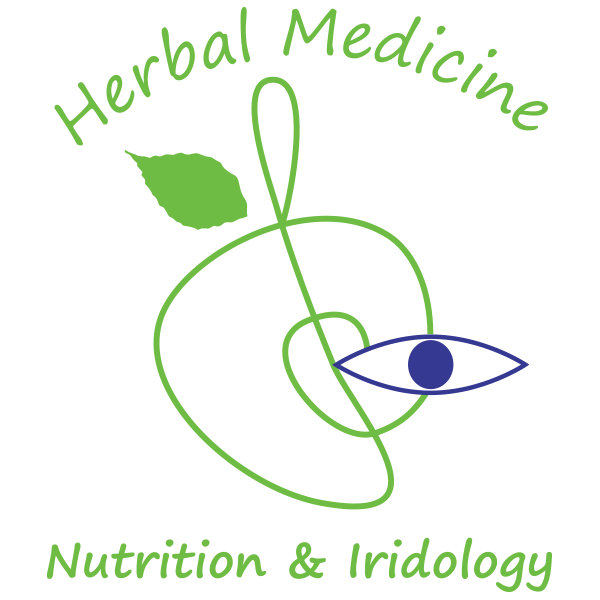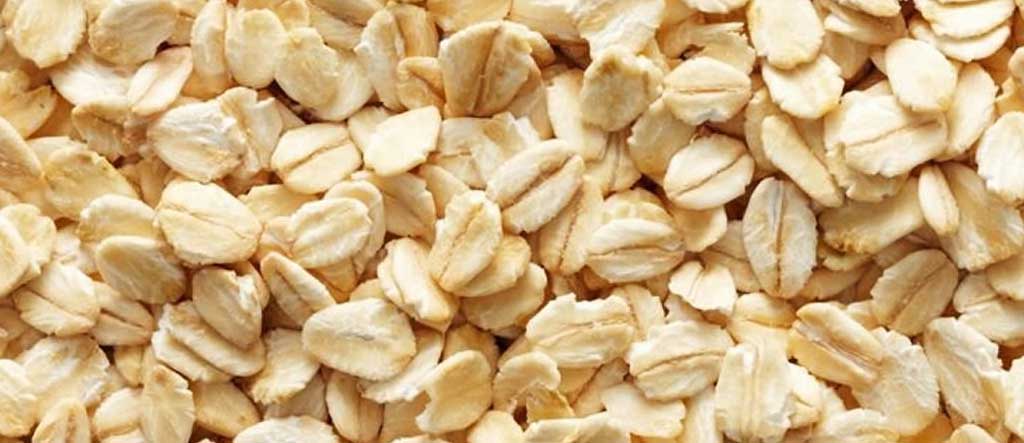Oats: Avena sativa
Oats are traditionally eaten as porridge or muesli for breakfast and are a staple food in most Irish diets. They are also a popular ingredient in breads and baked goods, beverages and have external applications in skincare.
Supermarket varieties of oats
The dried oats are dehulled (shells removed) and cleaned, in this state they are referred to as groats. The groats are then cut to produce pinhead oatmeal. The pinheads are steam cooked and then rolled into oat-flakes. The main difference between steel-cut, rolled, and instant oats is how much they have been processed, which will affect the cooking time, texture and taste.
- Groats: minimally processed
- Pinhead: used to make traditional porridge.
- Oatlets/Oat flakes: quick oats
Oats contain protein, B vitamins, and minerals and are higher in fat than any other grain. They are valued for their health benefits and medicinal actions.
- Oats have natural sedative properties.
- They are easy to digest.
- Help to control insulin secretion.
- Help to lower cholesterol.
Oats contain gramine, an alkaloid that is a natural sedative that can treat depression, anxiety and insomnia without side effects. Tea made from oat straw is a traditional herbal remedy for anxiety and insomnia. Oats are easy to digest and are recommended as food for convalescents or to ease an upset stomach.
Oats contain more soluble fibre than any other grain.
Oats, oat bran and oatmeal contain a specific type of fibre known as beta-glucan which can quickly help lower LDL, unhealthy cholesterol levels. Antioxidant compounds in oats called avenanthramides help to prevent free radicals from damaging LDL cholesterol, thus reducing the risk of cardiovascular disease.
The beta-glucan fibre also has beneficial effects for diabetics. They slow down the absorption of sugar, and thereby stabilise blood sugar levels. Oats also contain magnesium, which helps to regulate insulin secretion. They provide a good source of the minerals thiamin and phosphorus, and a very good source of manganese.
In addition, they contain more than 20 unique polyphenols, avenanthramides, which have shown strong antioxidant activity in vitro and in vivo. The polyphenols of oats have also recently been shown to exhibit anti-inflammatory, antiproliferative, and anti-itching activity, which may provide additional protection against coronary heart disease, colon cancer, and skin irritation.¹
Herbal Medicine
Oatseed and oatstraw are used to make herbal tinctures that nourish the nervous system. They are commonly prescribed during withdrawals from addictive substances and behaviours, and to support both mind and body during times of exhaustion, stress and anxiety.
Related Posts:
BIBLIOGRAPHY
Neal’s Yard Remedies. Healing Foods. Great Britain: Dorling Kindersley Limited; 2013.
Bruton-Seal J., Seal M. Kitchen Medicine. Great Britain: Merlin Unwin Books; 2010.
REFERENCES:
(1) Meydani M. Potential health benefits of avenanthramides of oats. Online article. Available at: https://www.ncbi.nlm.nih.gov/pubmed/19941618 (Accessed: 17/07/18)

